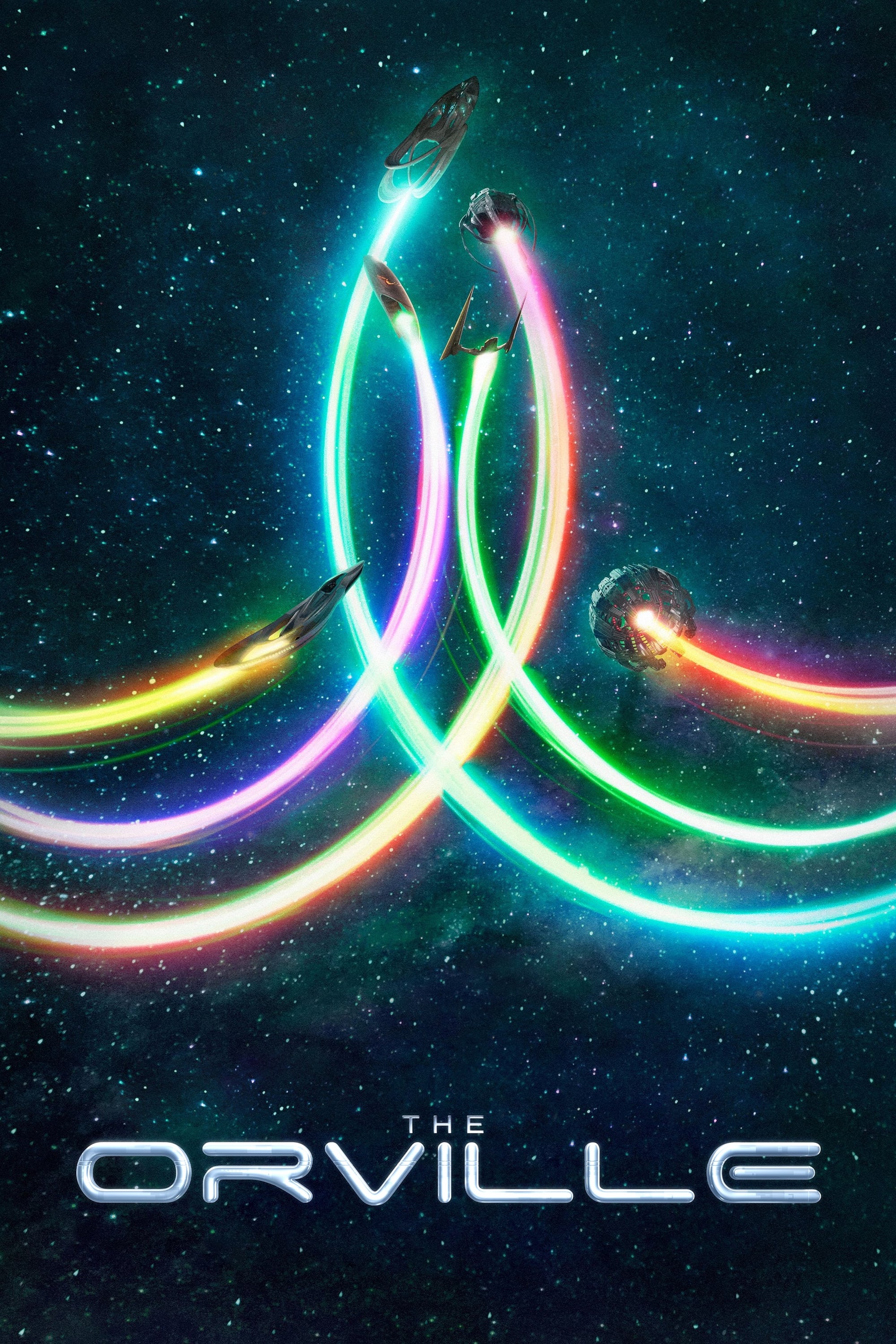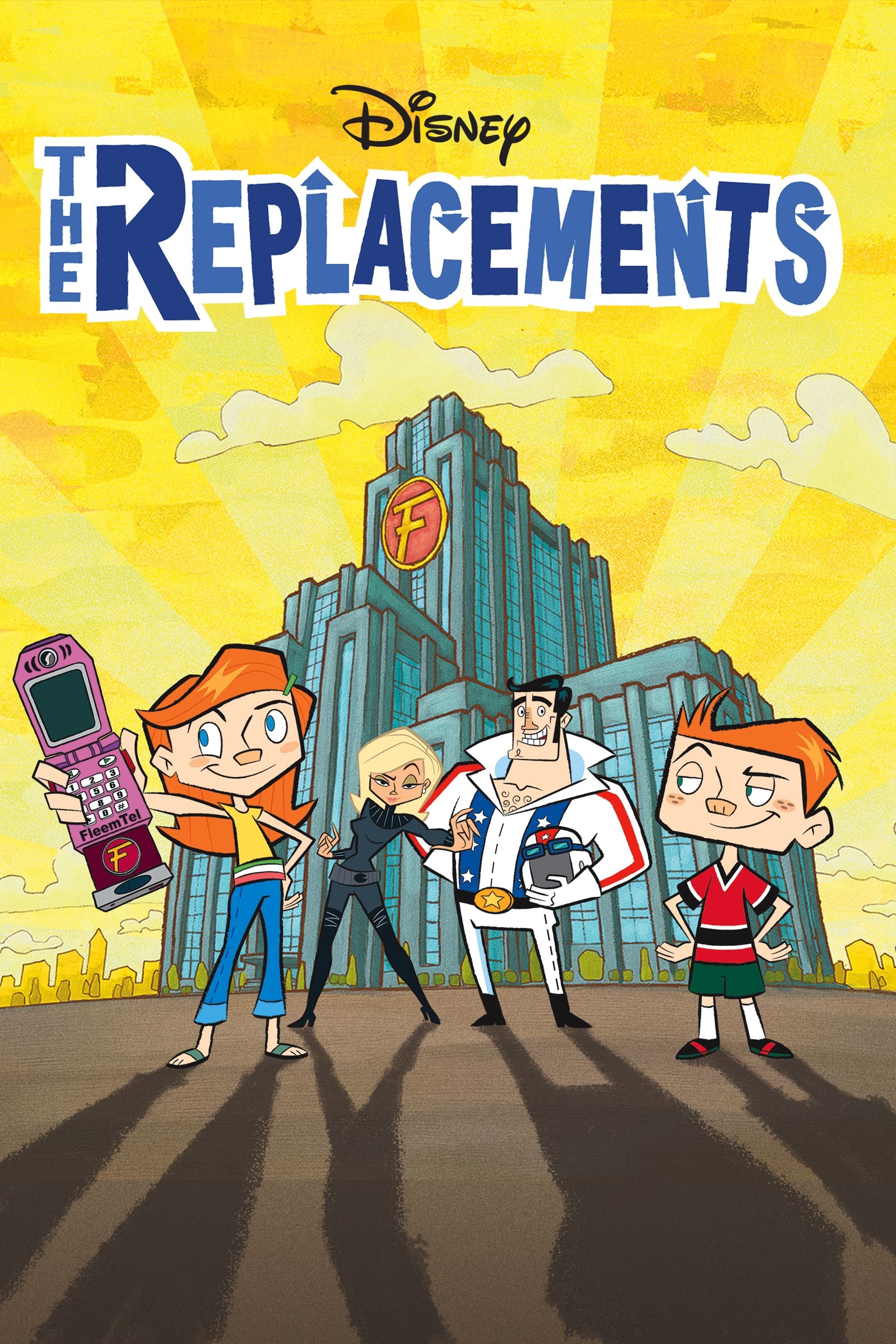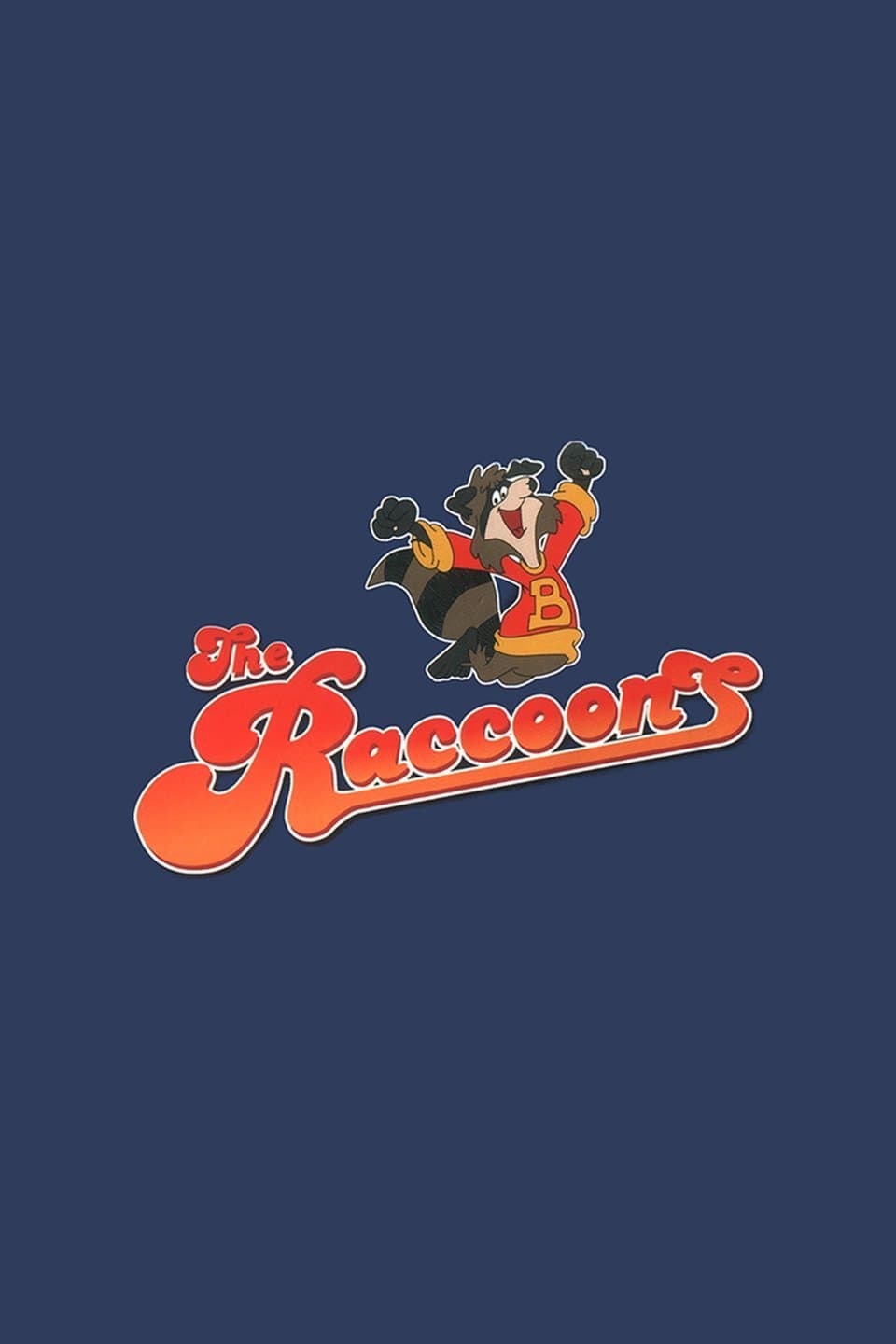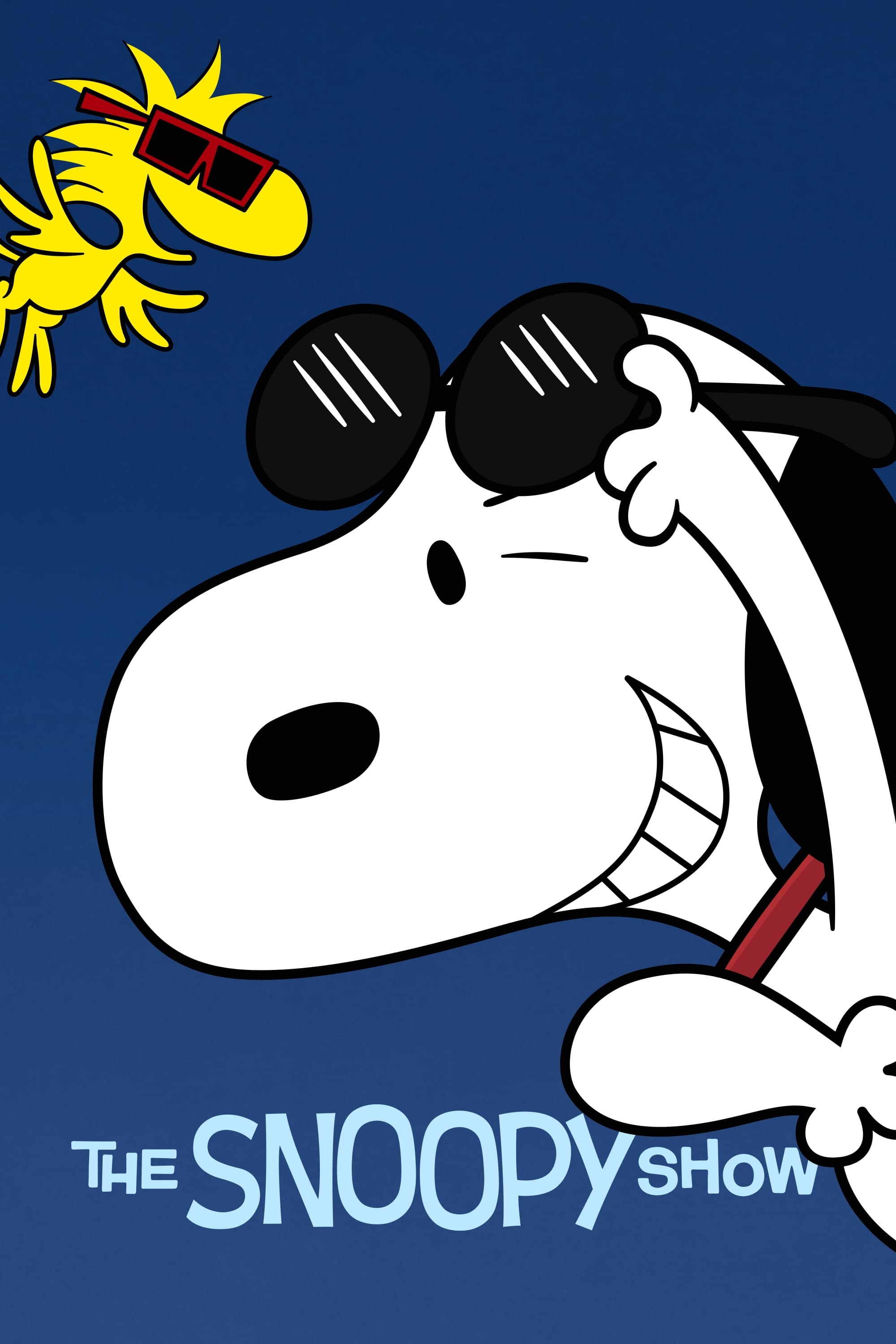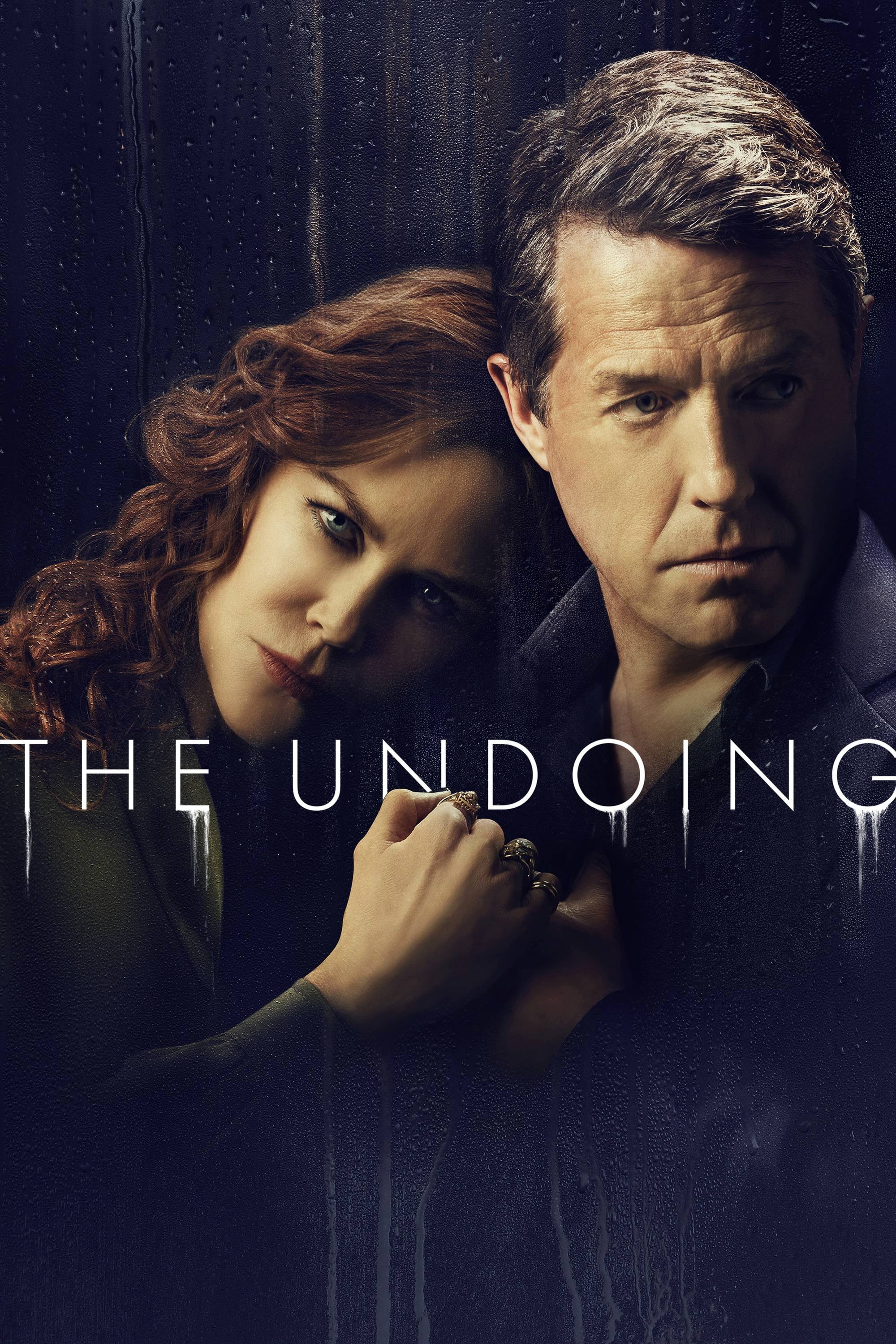
Miles Davis – On The Corner (1972) [MFSL 2016]
PS3 Rip | SACD ISO | DSD64 2.0 > 1-bit/2.8224 MHz | 54:44 minutes | Scans included | 2,21 GB
or FLAC(converted with foobar2000 to tracks) 24bit/88,2 kHz | Full Scans included | 1,16 GB
Mobile Fidelity Sound Lab # UDSACD 2171 | Genre: Jazz
Could there be any more confrontational sound in Miles Davis’ vast catalog than the distorted guitars and tinny double-timing drums reacting to a two-note bass riff funking it up on the first track from On the Corner? Before the trumpet even enters the story has been broken off in the middle – deep street music melding with a secret language exchanged by the band and those who can actually hear it as music. Here are killer groove riffs that barely hold on as bleating trumpet and soprano sax lines (courtesy of Dave Liebman on track one) interact with John McLaughlin’s distortion-box frenzy. Michael Henderson’s bass keeps the basic so basic it hypnotizes; keyboards slowly enter the picture, a pair of them handled by Herbie Hancock and Chick Corea, as well as Ivory Williams’ synthesizer. Finally, Colin Walcott jumps in with an electric sitar and there are no less than five drummers – three kits (Al Foster, Billy Hart, and Jack DeJohnette), a tabla player, and Mtume. It’s a four-tune suite, On the Corner is, but the separations hardly matter, just the shifts in groove that alter the time/space continuum. After 20 minutes, the set feels over and a form of Miles’ strange lyricism returns in “Black Satin.” Though a tabla kicks the tune off, there’s a recognizable eight-note melody that runs throughout. Carlos Garnett and Bennie Maupin replace Liebman, Dave Creamer replaces McLaughlin, and the groove rides a bit easier – except for those hand bells shimmering in the background off the beat just enough to make the squares crazy. The respite is short-lived, however. Davis and band move the music way over to the funk side of the street – though the street funkers thought these cats were too weird with their stranded time signatures and modal fugues that begin and end nowhere and live for the way the riff breaks down into emptiness. “One and One” begins the new tale, so jazz breaks down and gets polished off and resurrected as a far blacker, deeper-than-blue character in the form of “Helen Butte/Mr. Freedom X,” where guitars and horns careen off Henderson’s cracking bass and Foster’s skittering hi-hats. It may sound weird even today, but On the Corner is the most street record ever recorded by a jazz musician. And it still kicks.
Read more
Miles Davis – On The Corner (1972) [Japanese Reissue 2000]
PS3 Rip | SACD ISO | DSD64 2.0 > 1-bit/2.8224 MHz | 54:37 minutes | Scans included | 2,32 GB
or FLAC(converted with foobar2000 to tracks) 24bit/88,2 kHz | Scans included | 1,28 GB
Could there be any more confrontational sound in Miles Davis’ vast catalog than the distorted guitars and tinny double-timing drums reacting to a two-note bass riff funking it up on the first track from On the Corner? Before the trumpet even enters the picture, the story has been broken off somewhere in the middle — deep street music melding with a secret language held within the band and those who can actually hear this music (certainly not the majority of Miles’ fan base built up over the past 25 years). Here are killer groove riffs that barely hold on as bleating trumpet and soprano sax lines (courtesy of Dave Liebman on track one) interact with John McLaughlin’s distortion-box frenzy. Michael Henderson’s bass keeps the basic so basic it hypnotizes; keyboards slowly enter the picture, a pair of them handled by Herbie Hancock and Chick Corea, as well as Ivory Williams’ synthesizer. Finally, Colin Walcott jumps in with an electric sitar and there are no less than five drummers — three kits (Al Foster, Billy Hart, and Jack DeJohnette), a tabla player, and Mtume. It’s a four-tune suite, On the Corner is, but the separations hardly matter, just the shifts in groove that alter the time/space continuum. After 20 minutes, the set feels over and a form of Miles’ strange lyricism returns in “Black Satin.” Though a tabla kicks the tune off, there’s a recognizable eight-note melody that runs throughout. Carlos Garnett and Bennie Maupin replace Liebman, Dave Creamer replaces McLaughlin, and the groove rides a bit easier — except for those hand bells shimmering in the background off the beat just enough to make the squares crazy. The respite is short-lived, however. Davis and band move the music way over to the funk side of the street — though the street funkers thought these cats were too weird with their stranded time signatures and modal fugues that begin and end nowhere and live for the way the riff breaks down into emptiness. “One and One” begins the new tale, so jazz breaks down and gets polished off and resurrected as a far blacker, deeper-than-blue character in the form of “Helen Butte/Mr. Freedom X,” where guitars and horns careen off Henderson’s cracking bass and Foster’s skittering hi-hats. It may sound weird even today, but On the Corner is the most street record ever recorded by a jazz musician. And it still kicks.
Read more
Miles Davis – In A Silent Way (1969) [MFSL 2012]
PS3 Rip | ISO | SACD DSD64 2.0 > 1-bit/2.8224 MHz | 38:21 minutes | Scans included | 1,54 GB
or FLAC(converted with foobar2000 to tracks) 24bit/88,2 kHz | Scans included | 770 MB
Mobile Fidelity Sound Lab # UDSACD 2088
Listening to Miles Davis’ originally released version of In a Silent Way in light of the complete sessions released by Sony in 2001 (Columbia Legacy 65362) reveals just how strategic and dramatic a studio construction it was. If one listens to Joe Zawinul’s original version of “In a Silent Way,” it comes across as almost a folk song with a very pronounced melody. The version Miles Davis and Teo Macero assembled from the recording session in July of 1968 is anything but. There is no melody, not even a melodic frame. There are only vamps and solos, grooves layered on top of other grooves spiraling toward space but ending in silence. But even these don’t begin until almost ten minutes into the piece. It’s Miles and McLaughlin, sparely breathing and wending their way through a series of seemingly disconnected phrases until the groove monster kicks in. The solos are extended, digging deep into the heart of the ethereal groove, which was dark, smoky, and ashen. McLaughlin and Hancock are particularly brilliant, but Corea’s solo on the Fender Rhodes is one of his most articulate and spiraling on the instrument ever. The A-side of the album, “Shhh/Peaceful,” is even more so. With Tony Williams shimmering away on the cymbals in double time, Miles comes out slippery and slowly, playing over the top of the vamp, playing ostinato and moving off into more mysterious territory a moment at a time. With Zawinul’s organ in the background offering the occasional swell of darkness and dimension, Miles could continue indefinitely. But McLaughlin is hovering, easing in, moving up against the organ and the trills by Hancock and Corea; Wayne Shorter hesitantly winds in and out of the mix on his soprano, filling space until it’s his turn to solo. But John McLaughlin, playing solos and fills throughout (the piece is like one long dreamy solo for the guitarist), is what gives it its open quality, like a piece of music with no borders as he turns in and through the commingling keyboards as Holland paces everything along. When the first round of solos ends, Zawinul and McLaughlin and Williams usher it back in with painterly decoration and illumination from Corea and Hancock. Miles picks up on another riff created by Corea and slips in to bring back the ostinato “theme” of the work. He plays glissando right near the very end, which is the only place where the band swells and the tune moves above a whisper before Zawinul’s organ fades it into silence. This disc holds up, and perhaps is even stronger because of the issue of the complete sessions. It is, along with Jack Johnson and Bitches Brew, a signature Miles Davis session from the electric era.
Read more
Miles Davis – Quiet Nights (1964) [Reissue 2000]
PS3 Rip | SACD ISO | DSD64 2.0 > 1-bit/2.8224 MHz | 39:24 minutes | Scans included | 1,28 GB
or FLAC(converted with foobar2000 to tracks) 24bit/88,2 kHz | Full Scans included | 860 MB
Miles Davis’ final official collaboration with arranger Gil Evans resulted in their weakest project. There were only 27 minutes of music on the original Quiet Nights LP, and six minutes were taken up by a quintet performance of “Summer Night.” The six remaining tracks are enjoyable enough (highlighted by “Once Upon a Summertime” and “Corcovado”), but rather brief, making one wonder why Evans could not have been persuaded to write more material. The 1997 CD reissue adds “The Time of the Barracudas” (which clocks in at almost 13 minutes), and was not released until the 1996 Complete Miles Davis/Gil Evans box set. The latter is an interesting but not too substantial mini-suite written for a stage play that features the late 1963 Miles Davis Quintet joined by four brass, three woodwinds, and a harp. Overall, this CD has its moments of interest, but it has an incomplete feel and is not too essential.
Read more
Miles Davis – Milestones (1958) [MFSL Remaster 2012]
PS3 Rip | ISO | SACD DSD64 2.0 > 1-bit/2.8224 MHz | 48:25 minutes | Scans included | 1,94 GB
or FLAC(converted with foobar2000 to tracks) 24bit/88,2 kHz | Scans included | 726 MB
Monoural | Mobile Fidelity Sound Lab # UDSACD 2084
What is immediately noticeable upon listening to this delicately and superbly remastered version of Miles Davis classic first — and only — album with his original sextet is how deep the blues presence is on it. Though it is true that the album’s title cut is rightfully credited with introducing modalism into jazz, and defining Davis’ music for years to come, it is the sole selection of its kind on the record. The rest is all blues in any flavor you wish you call your own. For starters, there’s the steaming bebop blues of “Dr. Jackie” — recorded in 1955 for a Prestige session with Jackie McLean. Davis is still in his role as a trumpet master, showing a muscularity of tone that reveals something more akin to Roy Eldridge or Louis Armstrong than Dizzy or Fats Navarro. The tempo is furious as all the members of the sextet solo except for Jones. The saxophonists trade choruses and come off sounding like mirrored images of one another in the slower, post-bop blues that is “Sid’s Ahead.” With a slippery melody line that quotes two harmonic lines from early New Orleans-styled blues, Davis drives the band into the rhythm section’s garage. It’s Coltrane first with his stuttered, angular lines, hiccuping halfway through the interval before continuing on with a squeak here and the slightest squawk there. Next up is Davis, blowing fluid and straightened lines, ribbons through the rhythm section’s center as Red Garland lays out and leaves it to Paul Chambers and Philly Joe Jones to provide the earnest, time-keeping 4/4 that Davis sidles to in the tune. When Adderley solos, all best are off as he plays as pure a blues as he was capable at the time. Nonetheless, there are the long lines of slurred notes, smattered against Garland’s harmonies and he slips into quoting “Skip to my Lou” before knotting it back down to the basics and even then not for long. Coltrane was already exploring the edges of mode and harmony; he used an intervallic invention in the choruses to juxtapose his solo against the rhythm section and it worked — but it must have made Davis raise an eyebrow. Chambers’ solo is as tasteful and as breezy and free as only he could be. His contrapuntal soloing rides the rhythm out, Garland striding along quietly until the tune returns.
Read more
M.E.B., Miles Davis – That You Not Dare To Forget (2023)
FLAC (tracks) 24 bit/48 kHz | Time – 27:33 minutes | 340 MB | Genre: Jazz
Studio Masters, Official Digital Download | Front Cover | © Legacy Recordings
M.E.B. (formerly Miles Electric Band) led by Vince Wilburn, Jr collects a progressive All-Star jazz ensemble featuring Miles Davis alumni and the players Miles inspired. This brand new, never-released studio recording captures a multi-generational who’s who of acclaimed artists performing new Miles-inspired compositions. Two tracks of the five on the album include unreleased trumpet performances by Miles and the album, produced by Miles’ alumni Lenny White and Wilburn, features music legends including Ron Carter, Marcus Miller, Stanley Clarke, Donald Harrison, Darryl Jones, Vernon Reid and John Scofield amongst many others. This album is dedicated to the memory of Wallace Roney and Bernard Wright and contains some of their final recordings. The cover is an original painting from artist and Miles’ associate Mikel Elam.
Read more
Miles Davis – In A Silent Way (1969/2013)
FLAC (tracks) 24 bit/176,4 kHz | Time – 38:11 minutes | 1,66 GB | Genre: Jazz
Studio Masters, Official Digital Download | Front Cover | © Columbia – Legacy
Chart History/Awards
– Reached #3 on Billboard‘s Top Jazz Albums.
– One of Rolling Stone‘s “50 Coolest Records of All Time.”
In A Silent Way is Miles Davis’ 1969 masterpiece. It is widely regarded as one of Davis’ finest works and one of the most innovative jazz albums of all time. It is an unforgettable and intriguing fusion of jazz and rock. The album features fellow virtuosos Tony Williams, Herbie Hancock, Wayne Shorter, Chick Corea, John McLaughlin, Dave Holland and Joe Zawinul. The musicians create rich layers of brilliance. This is a landmark achievement and an important document in jazz history.
Read more
Miles Davis – Nefertiti (2023 Remaster) (1968/2023)
FLAC (tracks) 24 bit/192 kHz | Time – 39:14 minutes | 1,73 GB | Genre: Jazz
Studio Masters, Official Digital Download | Front Cover | © Columbia – Legacy
Nefertiti is a studio album by American jazz musician Miles Davis, released in March 1968. Recorded on June 7, June 22–23 and July 19, 1967, at Columbia’s 30th Street Studio, the album was Davis’ last fully acoustic album. Davis himself did not contribute any compositions- three were written by tenor saxophonist Wayne Shorter, two by pianist Herbie Hancock and one by drummer Tony Williams.
Read more
Miles Davis – Quiet Nights (2022 Remaster) (1963/2022)
FLAC (tracks) 24 bit/192 kHz | Time – 39:52 minutes | 1,69 GB | Genre: Jazz
Studio Masters, Official Digital Download | Front Cover | © Columbia – Legacy
Quiet Nights is a studio album by jazz musician Miles Davis, and his fourth album collaboration with Gil Evans, released in 1963 on Columbia Records, catalogue CL 2106 and CS 8906 in stereo. Recorded mostly at Columbia’s 30th Street Studios in Manhattan, it is the final album by Davis and Evans.
Read more
Miles Davis – “Four” & More (2022 Remaster) (1966/2022)
FLAC (tracks) 24 bit/192 kHz | Time – 54:08 minutes | 2,40 GB | Genre: Jazz
Studio Masters, Official Digital Download | Front Cover | © Columbia – Legacy
In an odd bit of programming, Columbia placed the ballads from Miles Davis’ February 12, 1964, concert on My Funny Valentine and the uptempo romps on this LP. Davis, probably a bit bored by some of his repertoire and energized by the teenage Tony Williams’ drumming, performed many of his standards at an increasingly faster pace as time went on. These versions of “So What,” “Walkin’,” “Four,” “Joshua,” “Seven Steps to Heaven,” and even “There Is No Greater Love” are remarkably rapid, with the themes quickly thrown out before Davis, George Coleman, and Herbie Hancock take their solos. Highly recommended and rather exciting music, it’s one of the last times Davis would be documented playing a full set of standards.
– Scott Yanow

Miles Davis – E.S.P. (2022 Remaster) (1965/2022)
FLAC (tracks) 24 bit/192 kHz | Time – 48:33 minutes | 2,11 GB | Genre: Jazz
Studio Masters, Official Digital Download | Front Cover | © Columbia – Legacy
ESP marks the beginning of a revitalization for Miles Davis, as his second classic quintet – saxophonist Wayne Shorter, pianist Herbie Hancock, bassist Ron Carter, and drummer Tony Williams – gels, establishing what would become their signature adventurous hard bop. Miles had been moving toward this direction in the two years preceding the release of ESP and he had recorded with everyone outside of Shorter prior to this record, but his addition galvanizes the group, pushing them toward music that was recognizably bop but as adventurous as jazz’s avant-garde. Outwardly, this music doesn’t take as many risks as Coltrane or Ornette Coleman’s recordings of the mid-’60s, but by borrowing some of the same theories – a de-emphasis of composition in favor of sheer improvisation, elastic definitions of tonality – they created a unique sound that came to define the very sound of modern jazz. Certainly, many musicians have returned to this group for inspiration, but their recordings remain fresh, because they exist at this fine dividing line between standard bop and avant. On ESP, they tilt a bit toward conventional hard bop (something that’s apparent toward the end of the record), largely because this is their first effort, but the fact is, this difference between this album and hard bop from the early ’60s is remarkable. This is exploratory music, whether it’s rushing by in a flurry of notes or elegantly reclining in Hancock’s calm yet complex chords. The compositions are brilliantly structured as well, encouraging such free-form exploration with their elliptical yet memorable themes. This quintet may have cut more adventurous records, but ESP remains one of their very best albums.
Read more
Miles Davis – You’re Under Arrest (1985/2022)
FLAC (tracks) 24 bit/192 kHz | Time – 42:49 minutes | 1,78 GB | Genre: Jazz
Studio Masters, Official Digital Download | Front Cover | © Columbia
A partner album to the previous Miles release Decoy, this album, released in 1985, is also produced by Miles and loaded with the synths of Robert Irving. This LP has some surprising new looks at pop tunes by Michael Jackson and Cyndi Lauper and also features the return of John McLaughlin on guitar, and a guest performance from Sting. This is the final installment of the prolific and brilliant collaboration between Miles and Columbia Records. Also featured on this album are Al Foster and Darryl Jones.
Read more
Miles Davis – What It Is: Montreal 7/7/83 (2022)
FLAC (tracks) 24 bit/96 kHz | Time – 01:23:03 minutes | 1,60 GB | Genre: Jazz
Studio Masters, Official Digital Download | Front Cover | © Columbia – Legacy
This double LP release features one of Miles Davis’ final great bands: John Scofield on guitar, Bill “The Other Bill Evans” Evans on saxophones, flute and electric piano, Darryl Jones on bass, Al Foster on drums, and percussionist Mino Cinelu. Miles was back in amazing form (“incandescent and iridescent as ever,” critic Greg Tate noted), when he mounted the stage at the Theatre St-Denis during the Festival International De Jazz De Montreal in July 1983, and this revelatory performance has been lovingly mixed and mastered for its first ever release on vinyl.
Read more
Miles Davis – We Want Miles (1982/2022)
FLAC (tracks) 24 bit/192 kHz | Time – 01:16:46 minutes | 3,13 GB | Genre: Jazz
Studio Masters, Official Digital Download | Front Cover | © Columbia – Legacy
We Want Miles is a double album recorded by jazz trumpeter Miles Davis in 1981, produced by Teo Macero and released by Columbia Records in 1982. The album combines recordings from the first live appearances by Davis in more than five years, at Boston’s Kix Club, on June 27, 1981. Other tracks were recorded at Avery Fisher Hall, New York City, on July 5, and a specially prepared stage at Nishi-Shinjuku in Tokyo, Japan, October 4 of that year.
Read more
Miles Davis – The Man With The Horn (1981/2022)
FLAC (tracks) 24 bit/192 kHz | Time – 52:25 minutes | 2,17 GB | Genre: Jazz
Studio Masters, Official Digital Download | Front Cover | © Columbia
The Man With The Horn was the first album Miles Davis recorded after his prolonged retirement in the second half of the 1970s. It was his first studio album since the already distant Get Up With It (Columbia Records, 1974). It marked the beginning of his second and last recording period and, logically, it was experienced as a great event.
Read more